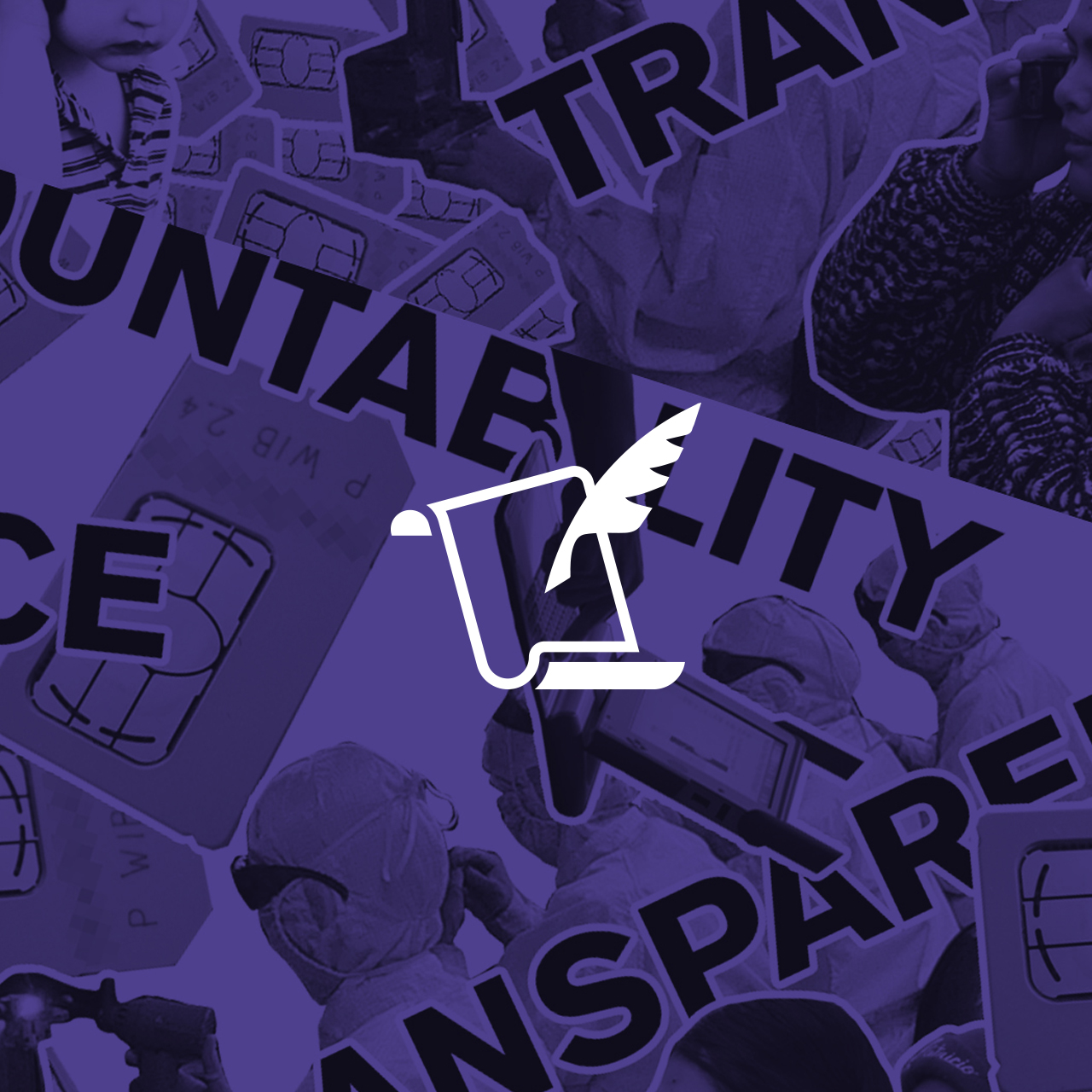This month, the United Nations Broadband Commission for Digital Development released a controversial report on cyber violence against women. Unhappy with the conclusions drawn in the report, some internet users decided to single out and criticize civil society organizations that provided input for the commission, as well as to criticize the U.N. system itself.
The online responses targeted rights groups by hijacking a Twitter chat intended to discuss the role of gender diversity in tech conducted with a hashtag that has been widely used since 2006: #takebackthetech. However, the responses escalated far beyond civil discourse to become harassment in the form of, among other things, threats of physical violence against women.
Access Now condemns these attacks on our civil society partners, the Association for Progressive Communications (APC), and others who have worked for many years in this important space. Every internet user deserves the ability to fully exercise their human rights without harassment or threats of physical harm. As we have seen time and time again, online harassment affects many communities, and specifically women, communities of color, and marginalized minorities.
Such harassment chills freedom of speech and creates unsafe spaces for those who need it most. We need to ensure the digital security of people using the internet, while also preserving the ability for people to express themselves without coming under threat of violence. This is not a call for online censorship. In fact, Access Now and APC have fought for the realization of all human rights, including free expression, for years.
Critics have linked the controversial U.N. Broadband report to a concerted plot by the U.N. to hijack the internet, citing other unrelated efforts within bodies such as the World Summit on the Information Society (WSIS), the Internet Governance Forum (IGF), and the International Telecommunications Union (ITU). These criticisms are misguided, even if the Broadband commission report itself is flawed.
The intergovernmental processes desperately need civil society input, and involvement by groups such as APC stand to guarantee that a free and open internet is available to all people, and not just a select few.
